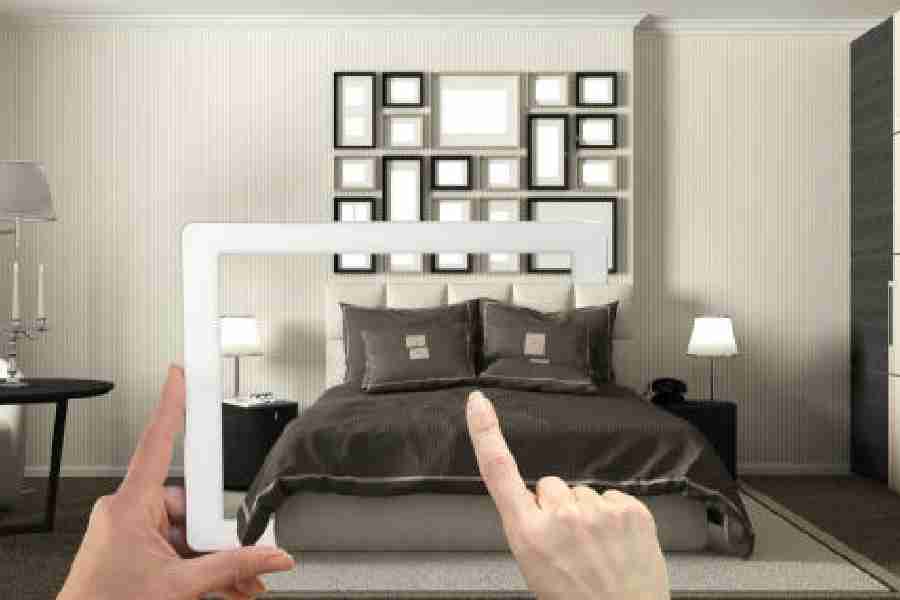These days, it’s all about making do when I’m greeted by the glut of smart technology in hotel rooms. Voice-activated lights. Chatbot concierges. QR codes on television sets. Mobile browser or app check-ins. Texting the valet for my car. Don’t even get me started with motorised drapes — attempting to view the ocean in Miami was as difficult as tackling William Faulkner. It’s all infuriating. And overwhelming.
A recent study from the industry magazine Hospitality Technology and the University of Nevada’s William F. Harrah College of Hospitality in Las Vegas,US, surveyed 100 hotel operators and noted that adoption across the industry of self-service features such as check-in kiosks and mobile room keys is booming.
Proponents say the guest benefits behind these investments are numerous, from personalising the hotel experience and anticipating guest needs to reducing their “friction” points and freeing up staff.
Neha Jaitpal, the global general manager for Honeywell’s Building Technologies sector, oversees “intuitive” solutions for more than 2 million hotel rooms worldwide, working for companies such as Accor and Fairmont Hotels & Resorts. “Imagine arriving at your hotel room after a long day of travel, and it’s already adjusted to your preferred settings — from the temperature, lighting and even the position of the drapes,” she said. “Through automation, guest rooms can be personalised without the need for human interaction.”
“Smart hotel rooms are about empowerment,” said Robert Firpo-Cappiello, Hospitality Technology’s editor-in-chief. “Contactless interactions were a survival pivot for hotels during the pandemic. People are used to them now. There is no going back.”
Yes, some (young) travellers I’ve talked to love it.
“At the Wynn Hotel, I enjoyed having Alexa close the blinds, turn off the lights and play music,” said Eddie Burns, 25, a drummer and touring musician. “I arrived super late and it was great to navigate everything from bed.”
But please, can we go back? These “guest enhancements”, touted as in-demand by hoteliers and the tech companies that make them, are not in demand by me. They have been, in fact, obstacles — obstacles between me and sleep, me and the view that I had paid for, and me and firm pillows (in Miami, that request was not an option on the tablet, and no human answered the phone in housekeeping). What was once straightforward is now idiotically complicated.
“I used to walk into a hotel room and relax. Now it is a job to figure out how to use the lights and switch off the television, which, of course, is set to the hotel’s promotional station,” said Jill Weinberg, 67, a regional director with the US Holocaust Memorial Museum, and like me, a frustrated hotel guest. “Here is an entirely new system to waste mental energy upon every single time I travel.”
Another quibble with “personalised” hotel rooms? They are impersonal. “Frictionless” functionality does not engender character or soul; people do. I like being welcomed by the front desk, to discuss restaurant ideas with the concierge and chitchat with the other staff, who more often than not have interesting local tips. I could care less if a room “knows” that I like Pilates and the thermostat set to a nippy 69 degrees. And I’m not downloading an app just to request towels. Can’t I just ask housekeeping?
Other travellers want to, too.
Stephanie Fisher, an adviser with the luxury travel agency Local Foreigner, said many of her clients “request hotels with personalised service that prioritise guest relationships.”
“The best memories come from connecting with people, not devices,” she added.
NYTNS











